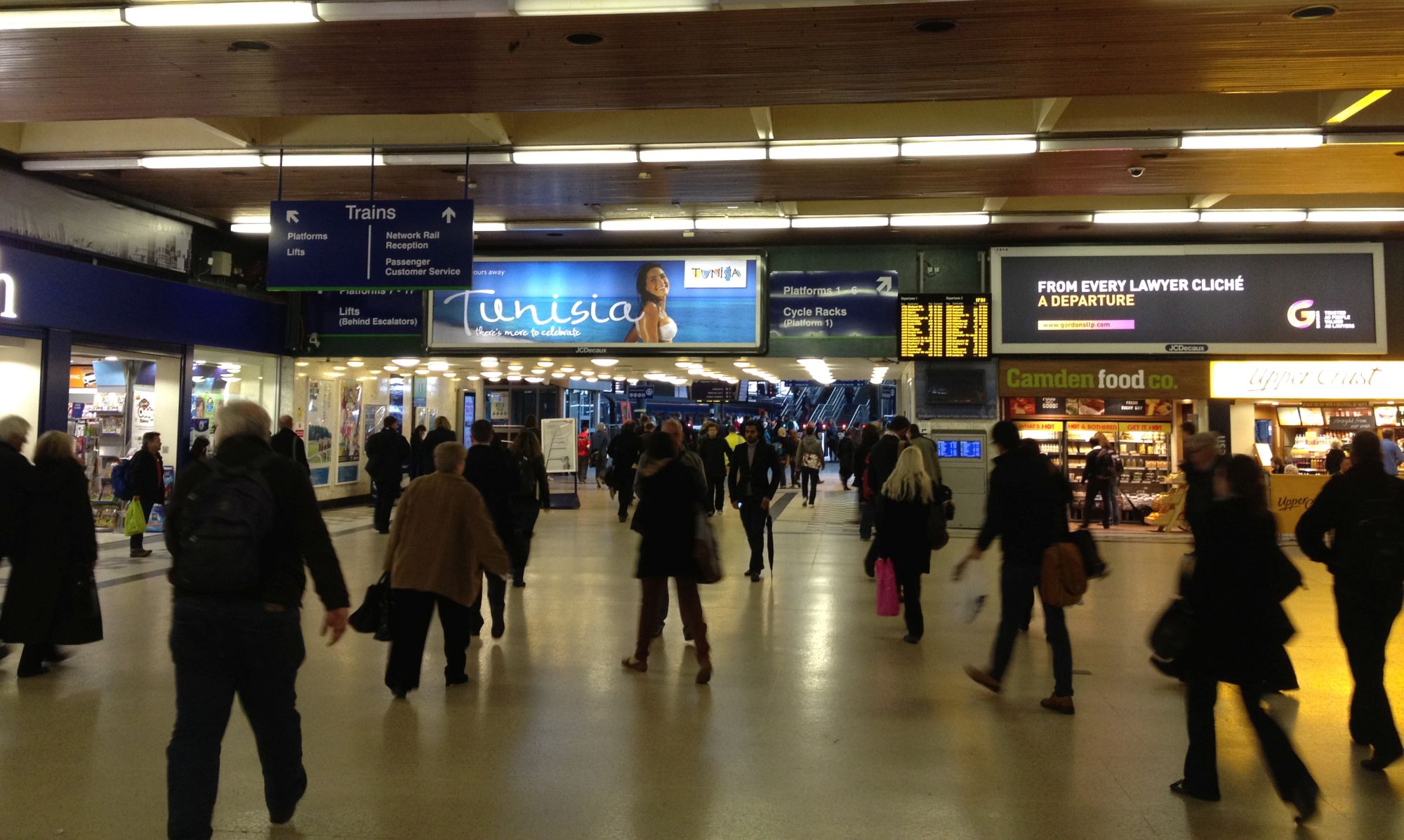(Photo from : Leedslist.com )
Therese May recently voiced her plans to help those who have been left behind by globalisation and improving productivity is central to restoring this imbalance. The productivity gap is clear, as UK workers produce 35% less per hour than their German counterparts. The Chancellor of the Exchequer- Mr Hammond claims the HS2 investment is one of a series of infrastructure initiatives that will create a much-needed economic stimulus, especially with a potential post-Brexit recession on the horizon.
After the recent announcement of the second Y shape phase of the HS2 project, which splits upwards from the West Midland towards Manchester and Leeds. Lets see what the project has to offer…
No new main lines have been built in Britain since the 1890s! Existing lines are overcrowded as passenger travel has doubled over the last 20 years, putting a lot of stress on our dated rail network. The dominance of the South of England needs to be dealt with and HS2 is the answer as it plans to connect two of the biggest cities in the country – Manchester and Leeds to London, surely this will help to re-balance the economy?
The project will reduce journey times, for example London to Leeds on the existing lines takes 130 minutes compared to 80 minutes after HS2, this increased connectivity will increase the flexibility of labour pools and increased job opportunities for people in more rural areas. There is also the suggestion that more capacity and faster journey times will help ease of the pressure on London’s housing prices.
The Department of Transport expects the long-term effect on the economy to bring in approximately £60bn! (huge claim) Manchester is set to benefit majorly from the project, creating 180,000 jobs by 2040 and there will be a stop at Manchester Piccadilly and Manchester airport, which will invariably increase traffic towards the airport and also will boost trade as the rail line will be used for freight as well.
The government has said that the project will create about 25,000 jobs during construction, 2,000 apprenticeships and 100,000 peripheral jobs in the supply chain, creating highly skilled jobs such as engineers. This could lay the foundation for a British industrial strategy, as the project will create exportable products and services and also direct education at schools towards building our status of being an engineering, architecture and infrastructure hub.
The cost will be £50 billion including rolling stock, with the cost of construction per mile being 9x higher than the cost of constructing the TGV in France. The cost includes compensation for those who will loose out, such as the unfortunate 212 families that live on a brand new housing estate in Mexborough near Doncaster in Yorkshire, as their homes will be bulldozed to make way for the train. The loss of biodiversity has been downplayed as putting wildlife into monetary terms is near impossible. There would be a loss to irreplaceable ancient woodland habitats!
HS2 looks to spur economic growth in the North, but how can this be so if two of the largest cities- Newcastle and Liverpool are not featured, surely this will just lead to further inequality; a strong hint of a Southern ignorance as the North of England extends a lot further than Leeds. As such if creating the ‘Northern Powerhouse’ is the primary motive for the project then the alternative of HS3 may be a better proposition, which would run from the East-West, from Liverpool to Hull.
Quite ironically the increases in connectivity could lead to further centralising of business into London, as a larger labour pool is available. This have been the case in other countries that have introduced high speed rain lines. Some other issues include the fact that even though the taxpayer will pay £1,000 per person, 70% of the benefits will go to business travellers, should they be made to bear more of the cost? To add to this, the second phase will not be completed until 2033 by which time other countries such as Japan will be using advanced maglev trains that can reach speeds up to 500kph compared to the measly 350kph of the HS2.
By Kieran Savage

